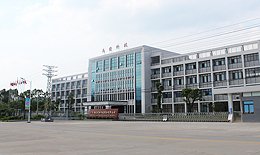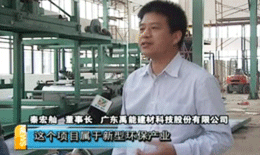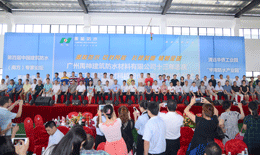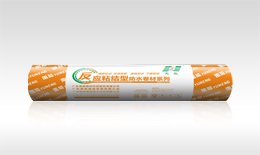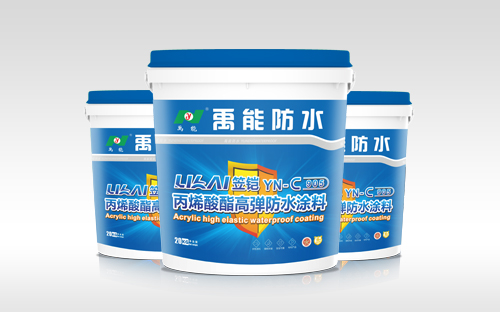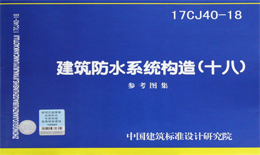YN-B707 SBS elastomer (polymer) modified asphalt waterproof roll
DETAIL
产品规格
YN-B707 SBS Elastomer (Polymer) Modified Asphalt Waterproof Membrane
Product Introduction
YN-B707 SBS Elastomer (Polymer) Modified Asphalt Waterproof Membrane is a waterproof membrane made with polyester felt, glassfiber felt, or glassfiber-reinforced polyester felt as the reinforcement layer, styrene-butadiene-styrene (SBS) copolymer thermoplastic elastomer as the modifier for petroleum asphalt, and covered on both sides with polyethylene film (PE), fine sand (S), or mineral aggregate (M) as the isolating material.
This membrane is installed using the hot-melt method, and it can also be self-adhesive if it comes with a self-adhesive layer.
Product Features
- Excellent performance, capable of resisting high and low temperatures, suitable for all seasons;
- High strength waterproof layer, resistant to puncturing, tearing, and fatigue;
- Possesses superior elongation and high strain capacity;
- Maintains excellent performance at low temperatures, allowing construction even in cold weather.
Precautions
- Materials should be stacked vertically and not piled up or pressed on top of each other.
- They should be kept away from direct sunlight and rain, preferably in a well-ventilated and dry place.
- During transportation and storage, they should be kept far away from fire sources.
Construction Method
- Before laying the waterproof membrane, the base layer must be strictly inspected to ensure it is solid, flat, and free of bulges, concavities, or sanding.
- The base layer should be dry with a moisture content of less than 9% before construction can begin.
- Before construction, carefully remove cement mortar residue, dust, and debris from protrusions on the base layer and clean it thoroughly.
- For complex areas, internal and external corners should be smoothed into an arcuate shape, and additional layers should be added for special areas such as pipe roots and drainage outlets.
- For the laying and bonding of the waterproof membrane, position the membrane correctly and then bond it using either the cold adhesion method or the hot melt method. The hot melt method provides better bonding results, which can reduce costs and prevent future hollows in the waterproof interlayer. Reserve a 10cm-wide seam overlap, ignite the blowtorch for uniform heating, and immediately lay the membrane forward once its surface has melted.
- When rolling, be careful not to trap air or foreign objects, and ensure the membrane is fully compressed and flattened. Before the membrane cools, use a trowel to seal the edges and then seal the edges and complex areas to prevent curling.
Scope of Application
It is applicable for waterproofing projects in industrial and civil basements, roofs, as well as bridges, parking lots, swimming pools, tunnels, subways, civil air defense shelters, artificial lakes, and other structures.

Specification and Model
Width: 1m;
Thickness: 3.0mm, 4.0mm, 5.0mm;
Length: 10m, 7.5m.

Technical Specifications
Execution Standard: GB 18242-2008

REVIEW



